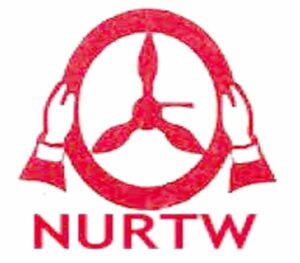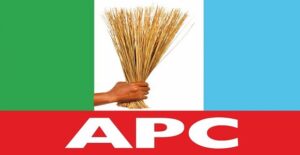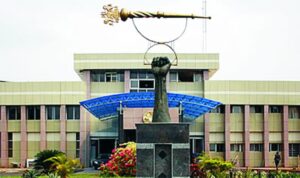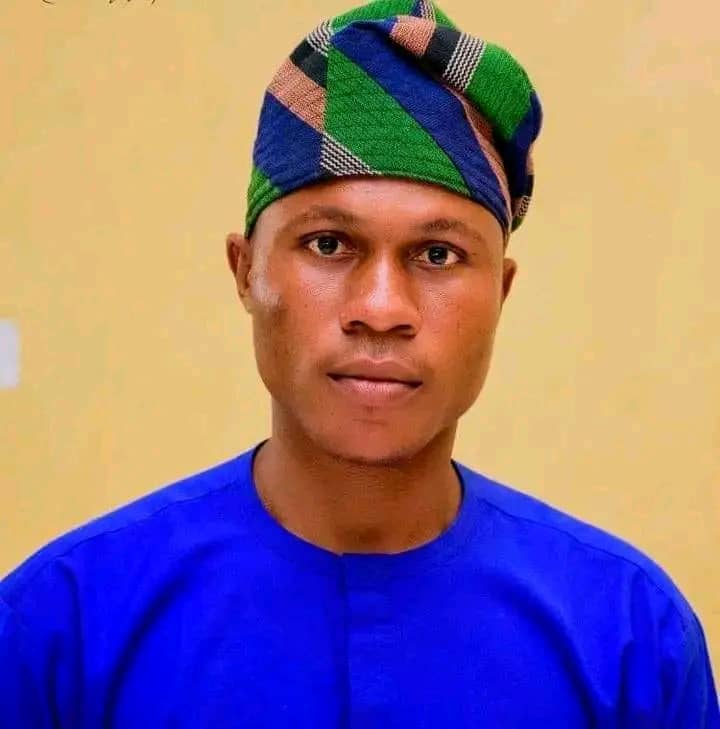
By Taofik Adekunle Jimoh (JAAT)
There is a tragic beauty in being born of a great people, yet living as a stranger among them.
The Yoruba of Northern Nigeria, especially those in Kwara and Kogi States, know this tragedy too well.
In the North, they are often seen as “southerners” — aliens in their own land. In the South-West, they are accused of being “northerners” — tolerated, but not fully embraced. This dual rejection forms a purgatory of identity: one foot in heaven, the other in hell. They float in a nation that has refused them a stable ground.
That was the central theme of Dr. Lasisi Olagunju’s brilliant meditation during the posthumous centenary celebration of Chief J.S. Olawoyin, a Yoruba nationalist and former leader of opposition in the old Northern Nigerian House of Assembly. Held in Offa, Kwara State, the event dug up the painful contradictions of Yoruba identity in the North. Olawoyin’s fight was not just for political power; it was a fight for dignity, a refusal to be reduced to a second-class Yoruba or a disposable northerner.
In his own words, he was “permanently an inferior citizen” in a system designed to cripple identities and weaponize geography.
The recent appointment of Bashir Bayo Ojulari, an Oke-Ode-born Yoruba man from Kwara State, as the Managing Director of NNPCL has reignited this age-old debate. In the eyes of the North, Ojulari is not a true northerner because of his Yoruba blood. In the South-West, his northern roots strip him of complete ownership. He is neither here nor there — not enough for Lagos, too Yoruba for Kaduna. And yet, his appointment fills the quota of the North, not because the system values him, but because a Yoruba president momentarily extends a hand.
My identity, my life, my situation is like Olawoyin and Ojulari’s and Yorùbá of Kwara and Kogi States.
But even this “favour” reeks of tokenism. It is not a triumph of justice, but a political transaction. It is not an inclusion into power but a temporary accommodation, given not because of shared humanity or brotherhood, but because of shared bloodlines and survival instincts.
In reality, the Yoruba of the North remain politically orphaned. Their loyalties are questioned by both sides, and their aspirations are choked by a system that views them as convenient statistics, not full citizens.
The colonial architects of Nigeria built this machine of marginalization with precision.
Records from Lugard and Merrick coldly outlined who was born to rule and who was destined to serve. The Fulani were the “ruling race.” The Hausas were the “brave soldiers.” The Yoruba of the North? “Useless as soldiers,” said Merrick. Good for trading but excluded from the theatre of power.
Time has not washed away these prejudices. In today’s Nigeria, tribe and tongue have replaced merit. The presidency, appointments, resource distribution — all are now tokens in a tribal casino. The list of Yoruba names in Tinubu’s government is seen not as evidence of competence, but as proof of nepotism.
And yet, no one asked questions when the Buhari regime made appointments skewed heavily in favor of the North. Now the tide has turned, and those who dined alone yesterday complain that the table is not theirs today.
The Yoruba elite, once loud in their calls for restructuring, have gone silent now that one of their own is in power. Their silence is a betrayal. Not just to the Nigerian project, but to the stateless Yoruba of the North who have long cried for redefinition. These elites forget that this Egúngún festival of power is temporary. The drums will stop. And when they do, history will ask what they did with their season.
So, if I must die in this floating identity — neither fully North nor wholly West — let my bones find peace in the land of my fathers.
Let them bury me in the South-West. Not because I hate the North. Not because I reject its soil. But because even in death, I yearn for that place where I am not asked to prove my origin, where my name is not pronounced with suspicion, where my children do not have to beg for identity.
Bury me in the South-West — not for politics, not for power, but for peace.
Let me go home.
Taofik Adekunle Jimoh (JAAT) is the Editor of News Bulletin Nigeria.


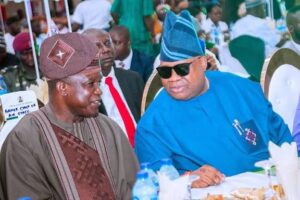
![[OPINION] Hon Omituntun: Redefining Grassroots Leadership In Offa By Abdulrahman Bashir Kehinde Leadership is not measured by promises, but by the tangible impact it makes on the lives of the people. In this regard, the Executive Chairman of Offa Local Government, Hon. Suleiman Olatunji Omituntun, continues to distinguish himself as a leader whose actions speak louder than words. Through visionary initiatives and people centered projects, Hon. Omituntun has redefined grassroots governance. His interventions in education, social welfare, youth empowerment, and community development have not only uplifted lives but also rekindled hope in inclusive and responsive leadership. What makes his governance style truly remarkable is his deliberate commitment to listening to the people and responding to their needs. At a time when many public officials appear disconnected from the grassroots, Hon. Omituntun has demonstrated that governance is most effective when rooted in empathy, accessibility, and accountability. Within just 12 months in office, Hon. Omituntun has proven his capability beyond doubt. His leadership is building a legacy that goes beyond physical projects it is nurturing trust, inspiring civic participation, and laying a solid foundation for sustainable development. Indeed, he exemplifies the truth that progress at the local government level has the power to transform entire communities. As responsible citizens, we must not only commend Hon. Suleiman Olatunji Omituntun for his people oriented leadership but also rally behind his vision, ensuring that Offa Local Government remains a beacon of purposeful governance for generations to come. Abdulrahman Bashir Kehinde writes from Osolo/Akosin, Shawo Central, Offa.](https://newsbulletin.com.ng/wp-content/uploads/2025/09/1757692107240-214x300.jpg)

